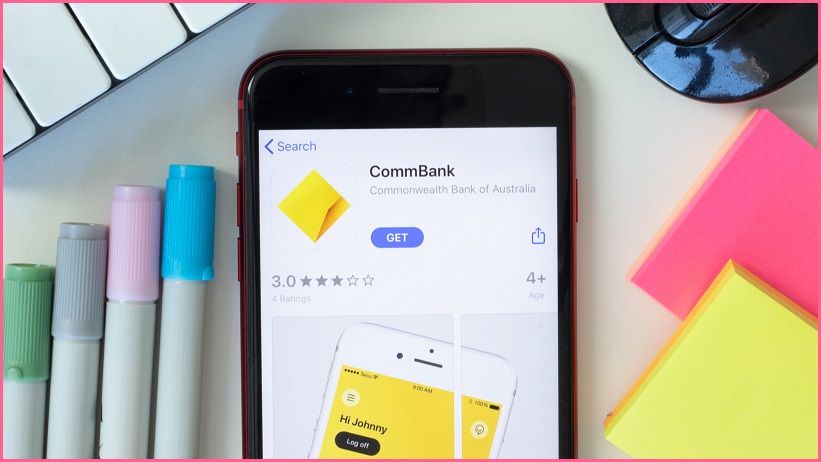With the announcement it would allow customers to pay off purchases in interest-free instalments, Australia’s largest bank will instantly become its largest ‘buy now, pay later’ (BNPL) platform.
On Wednesday, the $154 billion bank unveiled its own offering in the market with plans to roll it out to eligible customers “from mid-2021”.
“Customer needs are evolving and this new BNPL offering is about giving customers more choice around how they choose to pay and when, depending on the option which suits them best,” CBA retail banking executive Angus Sullivan said.
“When making a payment, customers will have additional flexibility to use it for their everyday spending for smaller purchases as well as split over four instalments to help smooth payments for bigger purchases.”
The familiar format will allow customers to split purchase of between $100 and $1,000, with customers issued a new digital wallet to use in stores.
The product will be interest-free but will incur a $10 late fee for missed repayments.
Existing CBA customers will be assessed on a case-by-case basis.
To be eligible, customers will need to have their regular salary paid into a CBA account and be approved by both internal and external credit assessments.
“As the leading digital bank in Australia, we believe we are best placed to offer our customers a prudent and responsible BNPL option based on the trends and insights sourced from real time transaction data over many years,” Sullivan said.
The Commonwealth Bank says the arrangement won’t affect its partnership with Swedish BNPL platform Klarna, in which it owns a 5.5% stake, despite the fact that its new product competes with Klarna directly.
Since its arrival in Australia in 2019, Klarna has made relatively slow headway in the local market, amassing around 500,000 customers, and trailing local rivals Afterpay and Zip. Overseas, it has a much bigger footprint with 90 million active customers across 17 different countries. At the same time more competitors are entering the market, with payments giant PayPal announcing the arrival of its BNPL product earlier this month.
Sullivan however rejected the premise that CBA had grown impatient with Klarna’s progress locally.
“Klarna Australia has experienced strong growth since its launch just over a year ago and we are delighted with its success to date. Our latest investment in the company is an expression of our confidence in its future both worldwide and in Australia and New Zealand,” he said.
Significantly, the bank won’t charge merchants any additional fees when customers use the products, a point of contention for businesses operating already on slim margins.
For comparison, Afterpay charges businesses 4.5% on sales.
The arrangement means it should be easily rolled out to CBA’s nearly 16 million customers without the need to individually sign up merchants.
It also means CBA could pose a serious competitive threat to a market reliant on maintaining rapid growth to justify sky-high valuations.
This article was originally published on Business Insider Australia.









